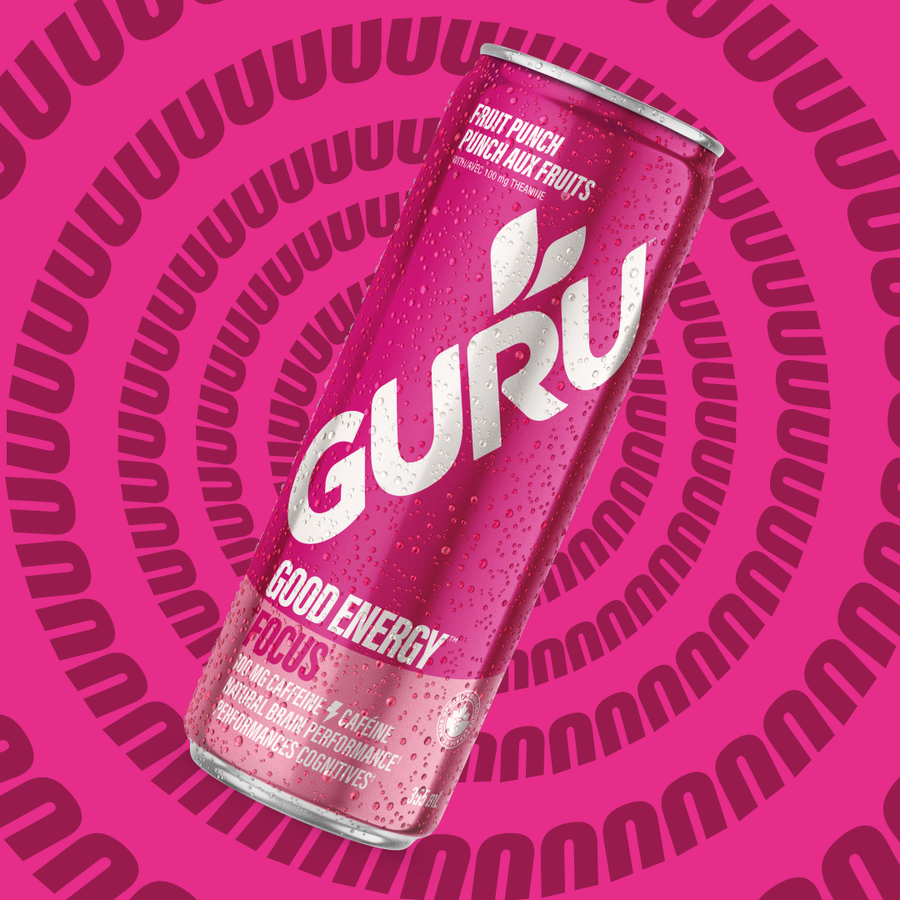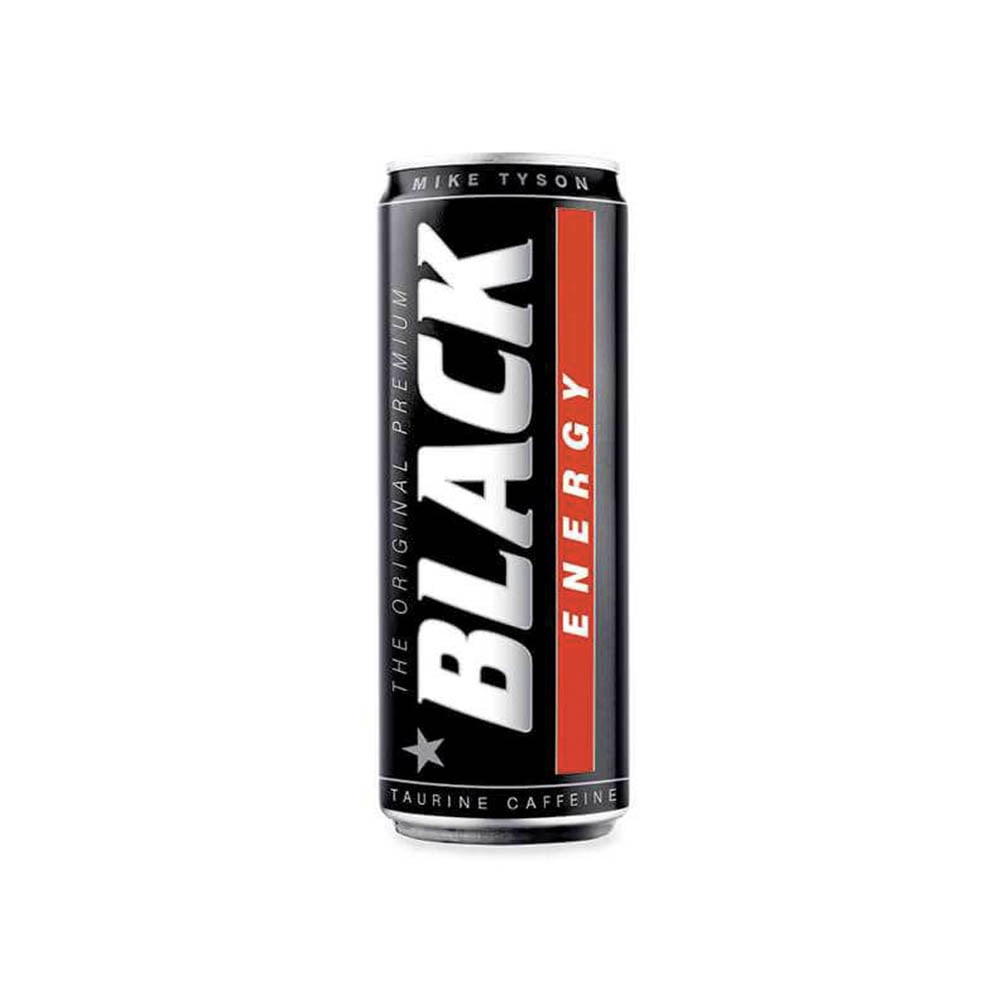The Rise of Energy Drink Consumption
Are energy drinks addictive? The popularity of energy drinks has skyrocketed. Many turn to these beverages for a quick energy boost. However, this trend increases the risk of dependence and negative health impacts.

Energy Drink Marketing Tactics and Their Impact
Energy drink companies use aggressive marketing. They target young individuals with messages of enhanced performance and vitality. Such strategies contribute to their products’ addictive allure, tempting continuous consumption.
Trends and Patterns in Energy Drink Usage
Observations show a steady increase in energy drink consumption. This rise spans across different age groups, with a notable surge among teens and young adults. This indicates a growing acceptance of energy drinks in daily routines, which may lead to addiction.
Defining Energy Drink Addiction
The dependence on energy drinks for daily functioning is known as energy drink addiction. It involves a regular and intense craving for the stimulating effects of these beverages, which often contain high amounts of caffeine, sugar, and other additives. This compulsive consumption pattern leads to a reliance on these drinks to stay alert and energized, making it difficult to reduce intake or quit.
Characteristics of Addiction
Addiction to energy drinks displays several telltale traits:
- Persistent desire to consume energy drinks despite aware of the harms.
- Increased tolerance, leading to greater consumption to achieve desired effects.
- Experiencing withdrawal symptoms like headaches and fatigue when consumption is reduced.
- Continued use despite knowledge of physical or psychological problems likely caused by energy drinks.
Common Symptoms and Withdrawal Effects
Symptoms of energy drink addiction include:
- Intense cravings for energy drinks throughout the day.
- Difficulty controlling the amount consumed.
- Dependence on energy drinks for normal functioning.
Withdrawal effects when reducing or stopping intake include:
- Headaches and migraines due to reduced caffeine.
- Fatigue and drowsiness as the body adjusts to lower stimulant levels.
- Irritability and mood swings from withdrawal.
- Difficulty concentrating and reduced mental clarity.
- Emotional downturn, including feelings of depression.
Health Risks Associated with Energy Drinks
The increasing use of energy drinks raises health risks.
Cardiovascular Health Concerns
Energy drinks can cause heart problems. They can raise blood pressure and heart rate. This stresses the heart and may lead to serious issues.
Mental Health and Psychological Impact
They can also affect mental health. Symptoms like anxiety and panic can worsen. Overuse may lead to mood disorders and disturbed sleep.
Weight Gain and Other Metabolic Effects
These drinks are high in sugar and calories. Regular intake can lead to weight gain. This increases the risk of diabetes and other metabolic diseases.
Comparing Energy Drinks with Other Stimulants
When considering the addictive nature of energy drinks, it’s important to compare them with other common stimulants. This comparison sheds light on why energy drinks might be particularly habit-forming.

Caffeine Content in Energy Drinks vs. Coffee
Energy drinks often contain more caffeine than coffee. A standard coffee cup has about 95 mg of caffeine, whereas energy drinks can range from 70 to 300 mg per serving. This higher caffeine concentration in energy drinks can lead to quicker and stronger dependence.
Comparing the two, energy drinks also provide a faster and more intense energy surge than coffee. This is due to added ingredients that enhance the stimulating effects. The quick boost from energy drinks can make them seem more appealing than the gradual effect of coffee.
The Unique Addictive Properties of Energy Drinks
Beyond caffeine, energy drinks have unique qualities that may drive addiction. They often include substances like taurine, guarana, and ginseng. These additives work alongside caffeine to increase alertness and focus.
The combination of these stimulants with sugary flavors makes energy drinks particularly tempting, especially to younger individuals. The sensory pleasure from the taste can reinforce the desire to consume these drinks repeatedly.
Moreover, the quick accessibility and aggressive marketing of energy drinks enhance their addictive potential. Such exposure can normalize their use in daily life, leading to dependency. Unlike coffee, which is usually consumed at certain times, energy drinks are often marketed as suitable for any situation, adding to their allure.
In summary, the high caffeine content, combined with other additive stimulants and marketing strategies, set energy drinks apart from coffee. These factors contribute to the unique addictive nature of energy drinks, increasing the risk of dependence.
The Societal Influence on Energy Drink Addiction
Society plays a big part in energy drink addiction. Popular culture and social settings often encourage the use of energy drinks, making them seem normal or attractive to consume. As social creatures, people tend to follow the behaviors seen around them, which in this case, includes consuming energy drinks frequently.
The Role of Peer Pressure and Social Norms
Peer pressure can drive individuals to consume energy drinks, sometimes beyond their comfort zones. When friends and peers consume these beverages, it can create a social norm where others feel compelled to join in. This is especially true among younger individuals, such as teens and college students, where fitting in with peers is often a priority. The desire to conform to group norms can make resisting energy drinks tough, even for those aware of the risks.
The Effect of Aggressive Advertising
Ads for energy drinks are everywhere. They are often hard-hitting and promise boosted performance. The aggressive advertising tactics by energy drink companies aim to create a vibrant image of their products. They target a young audience with messages of increase in stamina and improved concentration. This repeated exposure can make energy drinks feel essential for success and high energy lifestyles. As a result, people may start believing they need these drinks to handle their day-to-day activities and social events.
Strategies to Overcome Energy Drink Addiction
Overcoming addiction to energy drinks needs a clear plan and support. Here are some strategies that might help.
Role of Counseling and Medical Interventions
Professional help can make a big difference. Therapists can work on addiction’s root causes. They may give coping strategies for cravings and withdrawal. Doctors might suggest meds to ease withdrawal too. Such help can be crucial for those struggling.

Creating a Supportive Environment for Recovery
Support from friends and family matters a lot. A positive home environment helps recovery. Encouragement and understanding from loved ones can ease the path to quitting. Support groups offer a space to share struggles and victories. Together, these can build a strong foundation for a successful recovery.
Healthy Alternatives to Energy Drinks
Choosing healthier habits can reduce reliance on energy drinks. Regular exercise boosts energy naturally. Eating balanced meals provides long-lasting fuel. Good sleep habits improve alertness. Hydration is also key – drink water instead of energy drinks. Small lifestyle changes can add up to big improvements.
The Debate: Regulation and Public Health Concerns
The conversation around energy drinks often turns to the need for stricter regulations. Concerned health experts suggest limiting the easy access to these drinks.
Addressing the Accessibility of Energy Drinks
Access to energy drinks, especially for young people, is a pressing issue. Some argue for age restrictions on purchases to safeguard health. This could prevent potential addiction and associated health risks from developing early on.
Encouraging Responsible Marketing Practices
Marketing plays a big role in energy drink consumption. Advocates for public health call for ads that don’t target young audiences. They promote a balanced view of energy drinks, painting them not as essentials but as one choice among many.
Raising Awareness for Safer Consumption Habits
Educational efforts are key to safer energy drink use. By informing the public about risks and healthy limits, people can make better choices. Programs that encourage drinking water and getting enough sleep can also help reduce reliance on energy drinks.
